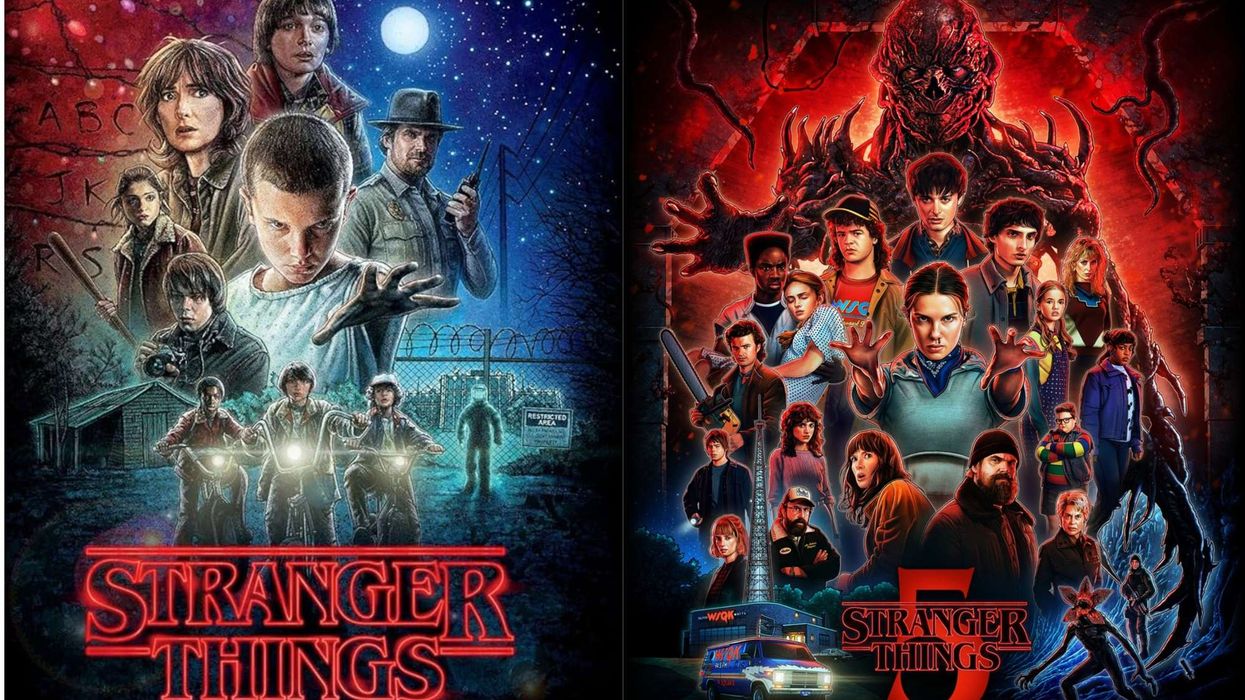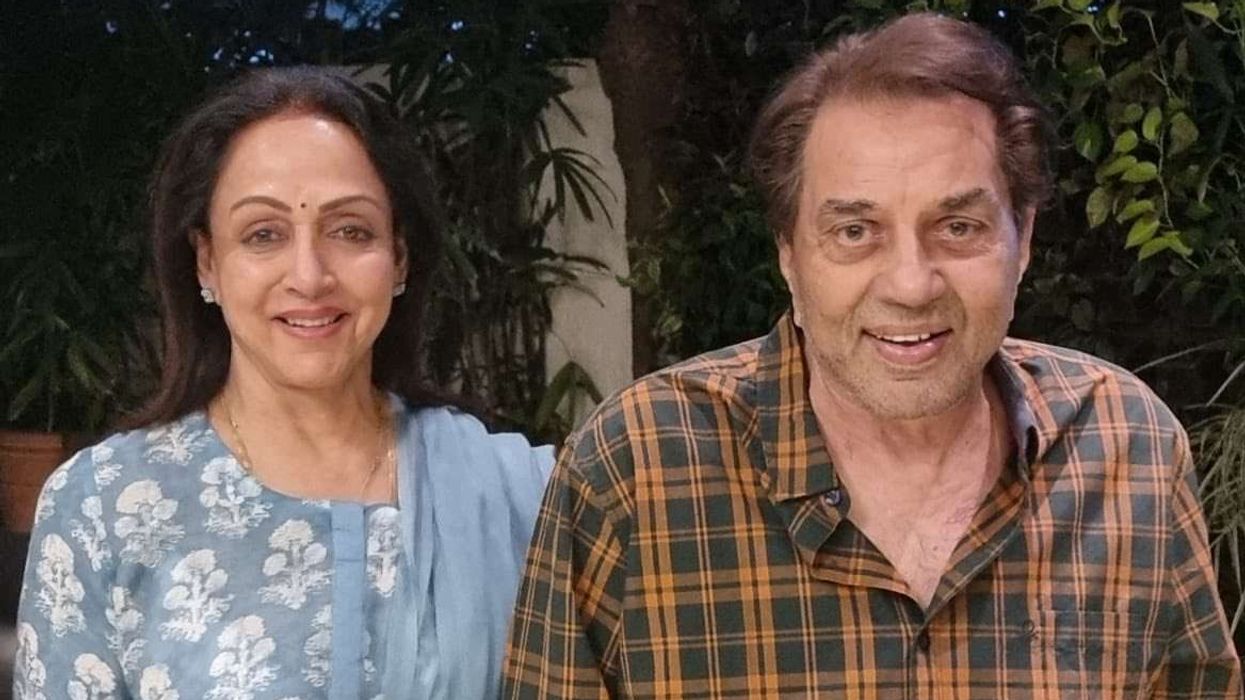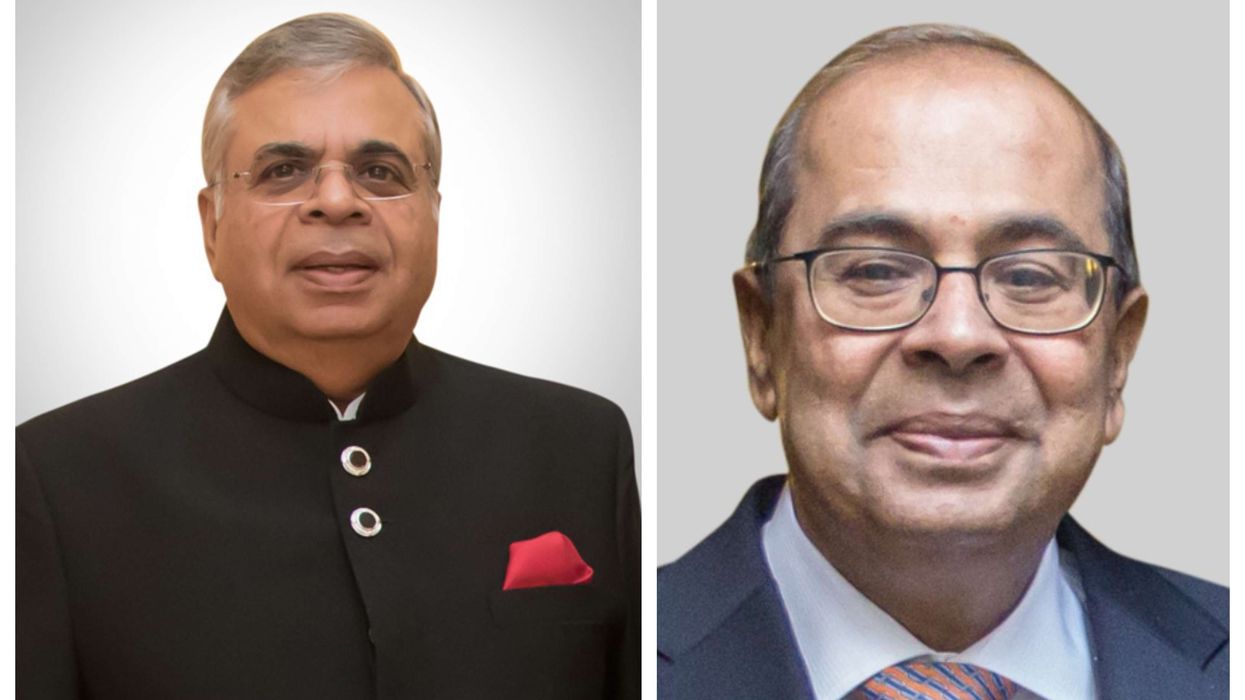HE COULDN’T speak English when he started school but Sathnam Sanghera certainly caught up fast.
The son of Punjabi immigrants, he’d go on to get a first class degree in English language and literature at Christ’s College, Cambridge, become a columnist for The Times, write a clutch of highly acclaimed books and be elected a Fellow of the Royal Society of Literature.
His smash hit memoir, The Boy with the Topknot, which was made into a film, is a moving account of a second generation Indian man growing up in Britain. His novel Marriage Material is being adapted for the stage by awardwinning playwright Gurpreet Kaur Bhatti.
His latest book, Empireland, published in 2021, is a non fiction work that continues to explore what it means to be British in 21st century multicultural Britain.
In it, Sanghera argues that much of what we consider to be modern Britain is actually rooted in our imperial past – a past that is frequently hidden from view but which he argues should be brought more into the open.
“Our history of empire explains so much about us – our politics, our psychology, our sense of exceptionalism, our wealth (to a certain degree) and, of course, our multiculturalism. The reason we are a multicultural society is because we had a multicultural empire,” he says.
Meanwhile, he has continued to make waves with his journalism and broadcasting. For eight years, he wrote for The Financial Times, and has been a Times columnist and feature writer since 2007. He is also a regular contributor to radio and TV, having appeared on programmes, including Have I Got News For You and BBC’s Front Row Late. He has also presented a range of documentaries, including the highly acclaimed Massacre That Shook The Empire on Channel 4.
As a journalist on the so-called mainstream media, how does he feel when he hears that term used in a pejorative way by the growing number of people who believe in populist conspiracy theories? “Depressed. But also galvanised because it is a fight worth having. If we do not have the capacity to distinguish what’s true from what’s false, then by definition…our democracy doesn’t work. We are entering into an epistemological crisis.”
Given the dominance of coronavirus in the news, it’s hardly surprising that many of his recent columns have dwelt on matters pertaining to the pandemic.
His brilliantly witty Covid diaries about lockdown in the company of his two Generation Z nieces, who camped at his small flat for two months, kept The Times readers entertained for weeks and went viral on social media.
“Infuriatingly, they suffered little more than losing their senses of smell and taste and tested positive for (Covid) antibodies, whereas I had three weeks of aches and fever and tested negative,” he writes.
On working from home, he recently told The Times readers: “I’ve said it already, but people raving about the wonder of remote working from the comfort of their large houses with gardens need to look beyond themselves. The repercussions of the death of office life are going to be felt for a generation.”
Before becoming a writer, Sanghera worked at a burger chain, a hospital laundry, a market research firm, a sewing factory and for a literacy project in New York.







